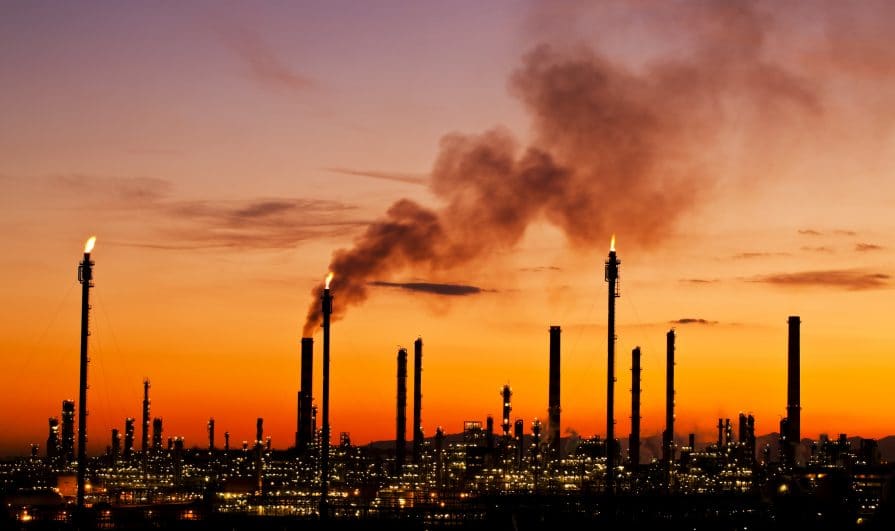The Rise of Air Pollution, And What We Can Do About It
- May 10, 2015
- Posted by: admin
- Category: climate, environment

In March 2019, Tropical Cyclone Idai, a category 2 storm, made landfall near Beira City, Mozambique, and caused so much catastrophic damage that leftover 600 dead and over 1,500 missings. Barely a month after, a different storm, Tropical Cyclone Kenneth hit Mozambique’s Cabo Delgado Province, also causing widespread devastation. Over 4,000 kilometers away in Port Harcourt, Nigeria, the continuing emission of black soot is incubating a series of disastrous long term effects such as respiratory tract infections.
Although these events may seem unrelated, they boast an underlying singular cause – the furtherance of global warming and climate change, driven by CO2 emissions and other air pollutants. The World Health Organization (WHO) estimates that 92% of people worldwide do not breathe clean air.
Around the world, air pollution costs economies about $5 trillion yearly in welfare. Ground-level ozone pollution is set to cause a 26% reduction in staple crop yields by 2030. But what actions are causing this rise in air pollutants? What is the worst-case scenario if we’re not able to tackle this catastrophe? And do our everyday activities promote (and possibly reduce) its effect?
The Use of Fossil Fuels Is Driving Air Pollution
One of the primary sources of air pollution is the emission of Sulphur dioxide from burning fossil fuels. Our cars, trucks, planes and other means of transportation we use regularly are the major causes of this emission. This is particularly more prevalent in cities around the world with more relaxed laws on vehicle worthiness as cars and other vehicles with properly serviced engines produce less of these harmful pollutants.
Agricultural activities, such as the use of pesticides and fertilizers, burning of farmland, are also significant sources of air pollutants. This is one of the reasons why air pollution has been difficult to beat; we rely so much on these processes for moving around and growing the food that we eat.
Drought, Floods and Cyclones Are All Linked To Air Pollutants
The implications of air pollution on human, animal and plant life are far-reaching; it has been linked to disability and early death as a result of respiratory diseases, cancer and many other health diseases. The effects on our planet are perhaps even more catastrophic; air pollution is playing a pivotal role in the growing impact of drought, flooding and even cyclones.
The rise in global temperature is causing the polar ice caps to melt faster, resulting in floods and the increase in sea levels, loss of habitat, and many more cataclysmic events around the globe. I can only draw one conclusion from these implications – we need faster and more efficient ways of fighting air pollution, and these are already gaining ground. For example, the United States Company 3M has designed smog-reducing roofing granules. These granules keep buildings cool by protecting against UV rays; this reduces the dependency on air conditioning and subsequently, the amount of air pollutants going into the atmosphere.
Cutting through the Soot
The less fossil fuel we burn, the more we’re doing to reduce the impact of harmful air pollutants and climate change. Before buying your next car, do some research about its fuel consumption, bike more often, rideshare, use public transport, plant trees around your home, patronize renewable energy sources, and do more of everything that will help protect our environment.
As individuals, corporations and governments, we all have a role to play in combating air pollution and preserving our only planet if we’re to sustain our way of life, or indeed, any life at all.
